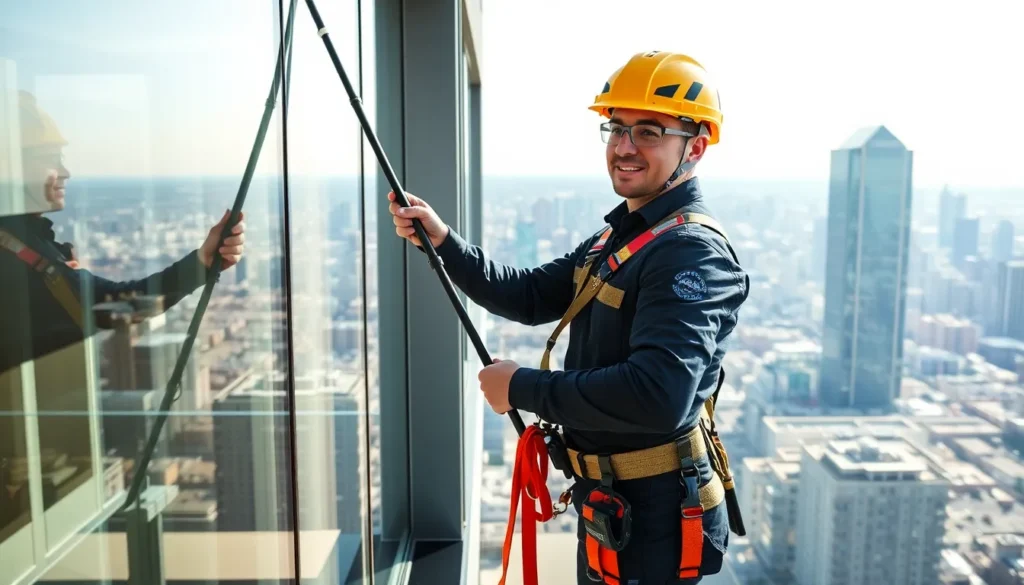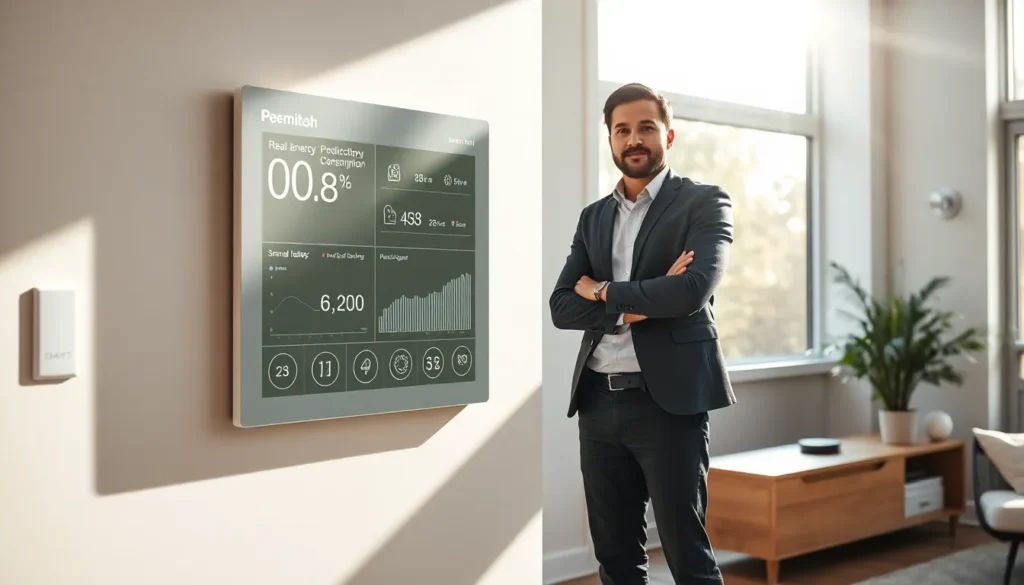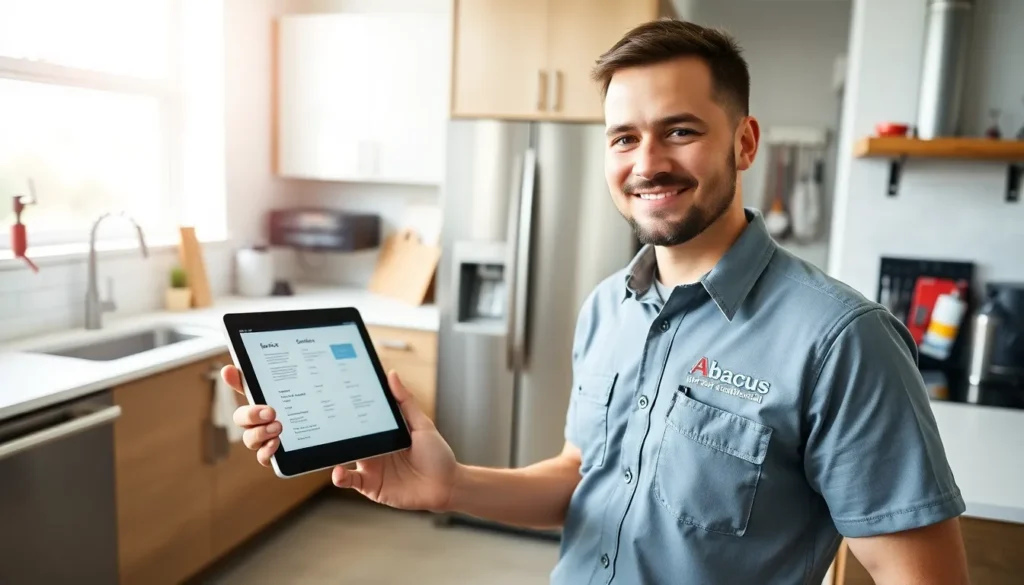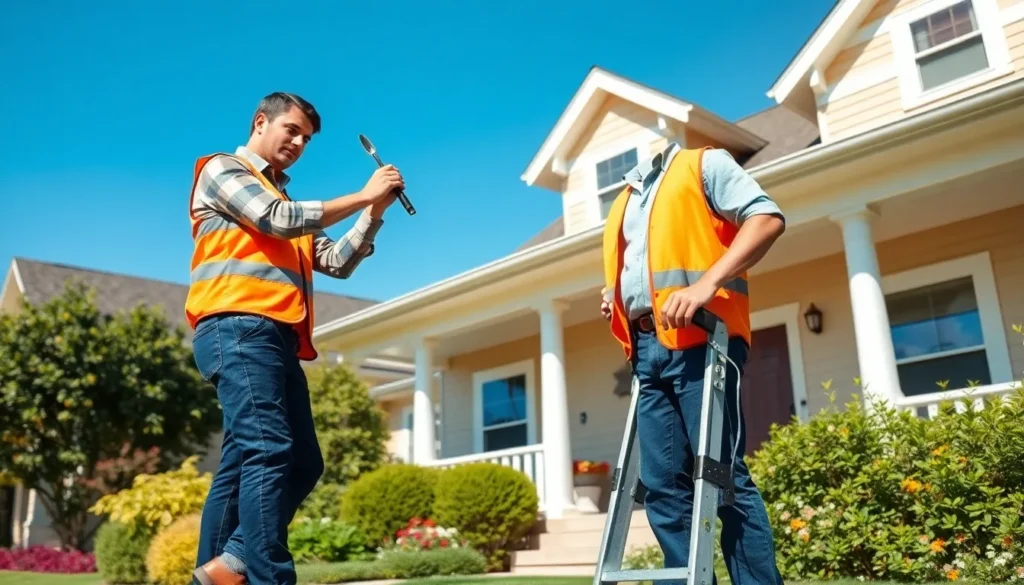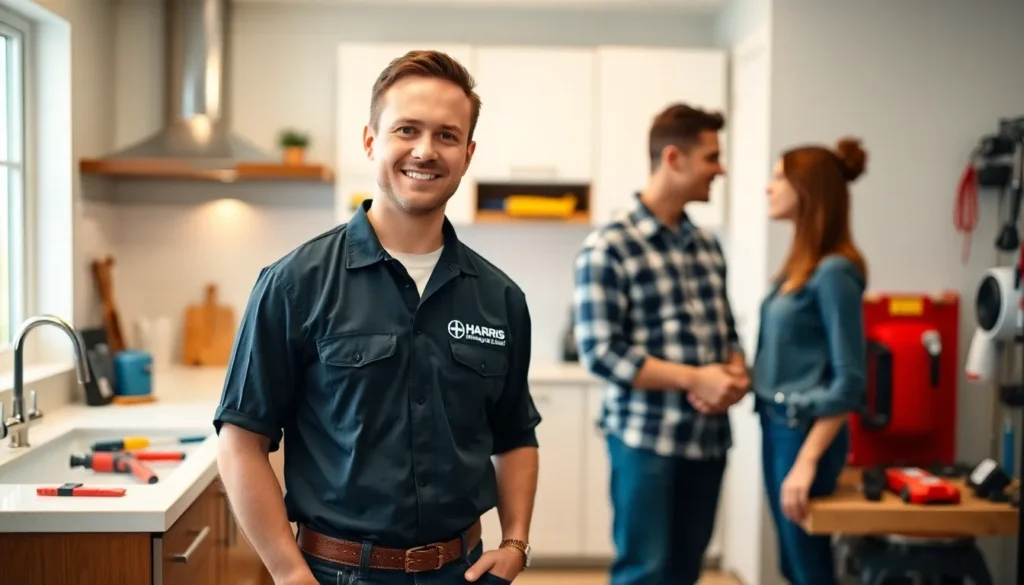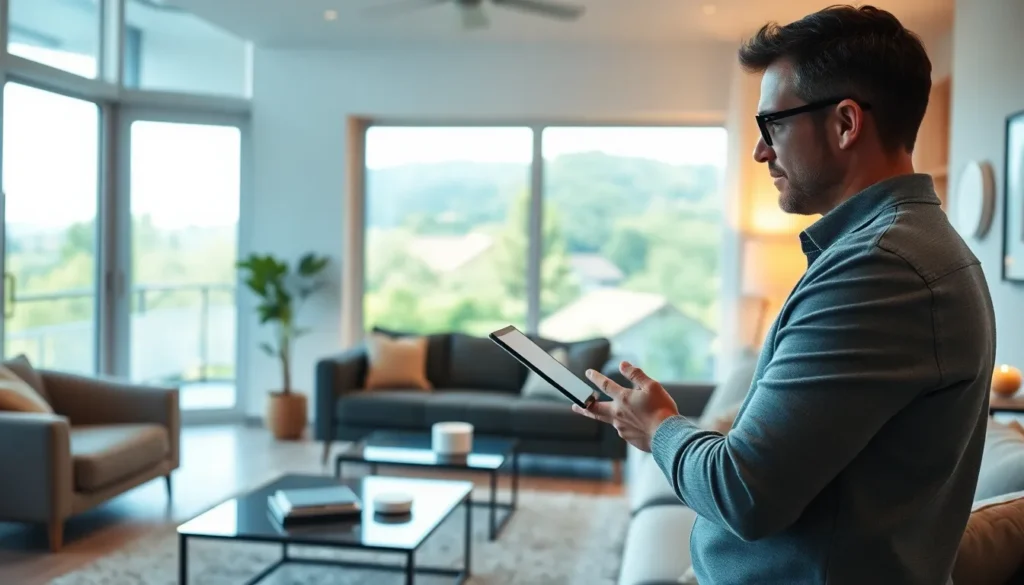The rise of custom smart homes is transforming the way people live. With technology advancing at lightning speed, homeowners are no longer settling for generic solutions. Instead, they’re embracing tailored automation systems that cater to their unique lifestyles and preferences.
Imagine controlling every aspect of a home—from lighting to security—with just a tap on a smartphone. Custom smart homes offer not just convenience but also energy efficiency and enhanced security. As homeowners seek to create spaces that reflect their individuality, the demand for personalized smart home solutions continues to grow. This trend is reshaping the housing market and setting new standards for modern living.
Table of Contents
ToggleOverview of Custom Smart Homes
Custom smart homes integrate advanced technology tailored to specific homeowner preferences. They enhance everyday living through automation and connectivity, offering solutions that address unique needs. Features may include smart lighting, climate control, security systems, and entertainment options.
Homeowners engage with various devices and platforms to create seamless experiences. Many opt for centralized control systems, allowing them to manage their environment efficiently. Smart home solutions often employ sensors and applications, improving convenience and energy management.
Market research indicates a steady increase in demand for custom smart homes. According to a report by MarketsandMarkets, the smart home market is projected to reach $174 billion by 2025, driven by advancements in IoT technology. This growth encourages manufacturers to develop versatile, user-friendly products that enhance smart home capabilities.
Customization offers multiple benefits: improved energy efficiency reduces utility costs, flexible security solutions enhance safety, and intuitive systems simplify lifestyle adjustments. Homeowners appreciate the ability to tailor these systems, achieving environments that reflect personal tastes and priorities.
Overall, custom smart homes represent a significant shift in residential design, focusing on individual preferences and enhanced living standards. Their rise is reshaping the building industry, influencing new construction and renovations.
Benefits of Custom Smart Homes
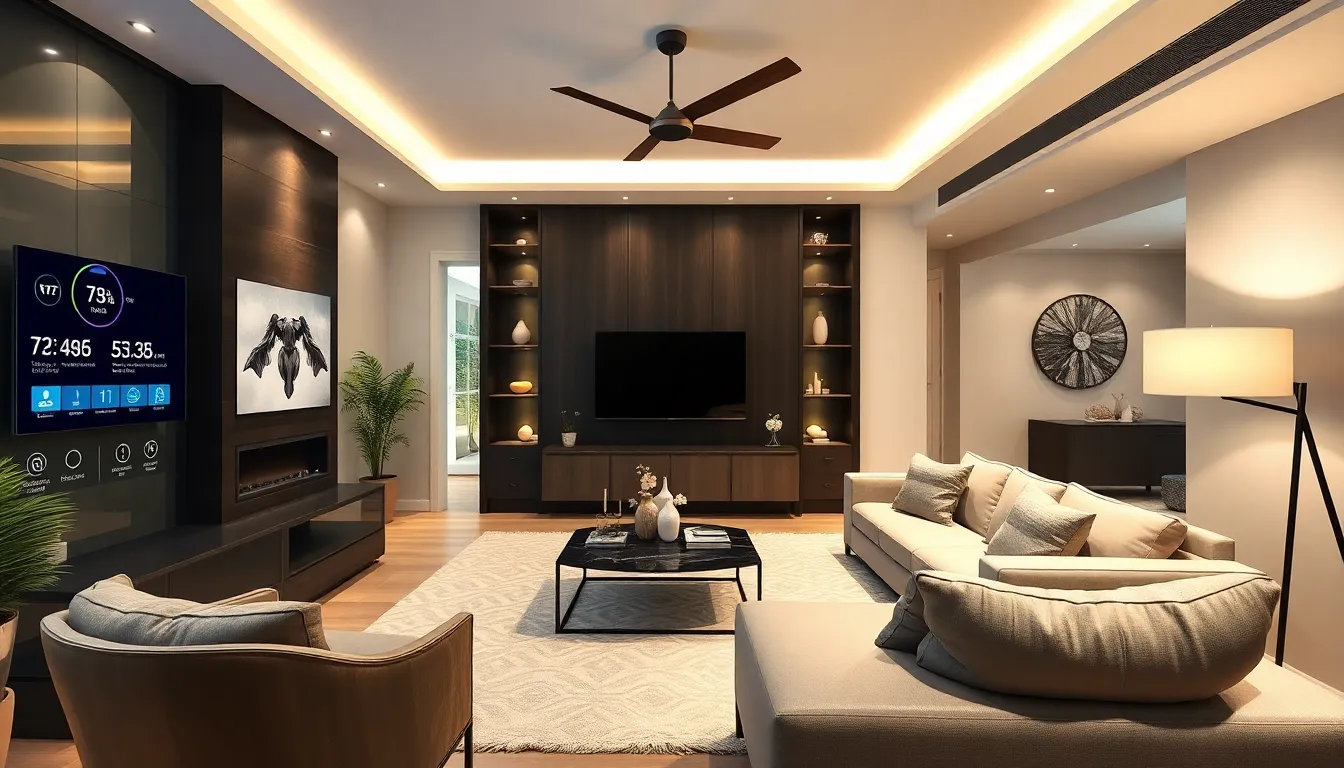
Custom smart homes offer various advantages that enhance the overall living experience. These benefits include enhanced security features and improved energy efficiency, making them appealing to modern homeowners.
Enhanced Security Features
Custom smart homes incorporate advanced security systems tailored to individual needs. Homeowners can monitor their properties remotely through surveillance cameras and alarms, which provide real-time alerts. Customized access control systems, such as smart locks and keyless entries, increase security by allowing for restricted access. Integration with mobile devices enables immediate response to security breaches, providing peace of mind. Many systems also allow homeowners to automate routines, simulating occupancy to deter potential intruders.
Energy Efficiency
Custom smart homes significantly improve energy efficiency through automation and monitoring systems. Smart thermostats adjust heating and cooling based on occupancy patterns, optimizing energy usage. Homeowners can track their energy consumption in real-time, identifying areas for savings. Customized lighting solutions, such as motion sensors and smart dimmers, reduce energy waste by turning off lights when not needed. Implementing energy-efficient appliances further lowers utility bills and minimizes the environmental impact. Overall, custom smart homes empower homeowners to manage their energy consumption effectively.
Key Technologies in Custom Smart Homes
Custom smart homes utilize various technologies that enhance living experiences. These innovations include smart lighting systems and home automation hubs, each contributing to the overall functionality and convenience of modern living.
Smart Lighting Systems
Smart lighting systems allow homeowners to customize their lighting environments. Technologies include LED bulbs, dimmers, and color-changing options. Homeowners can control these systems remotely via smartphones or voice commands. Integration with motion sensors enables automatic adjustments, enhancing energy efficiency. For instance, lights can dim or turn off when a room is unoccupied. Energy savings of up to 30% can result from implementing these systems, making them an attractive option for eco-conscious homeowners. Moreover, smart lighting can create mood scenes synchronized with home activities, like movie nights or dinner parties.
Home Automation Hubs
Home automation hubs serve as central control points for various smart devices in custom homes. These hubs facilitate communication among devices through a unified interface, improving user experience. Popular platforms include Amazon Echo, Google Nest, and Apple HomeKit. Homeowners can use these hubs to automate tasks, such as scheduling routines that adjust lighting and climate based on specific times or events. Voice activation capability enhances usability, allowing hands-free control of compatible devices. Research indicates that home automation can lead to a 10% reduction in energy bills, further underscoring its practicality and appeal.
Designing Your Custom Smart Home
Designing a custom smart home involves careful planning and selection of components tailored to individual needs. Each decision impacts the overall functionality and comfort of the living space.
Planning and Budgeting
Planning drives the success of a custom smart home project. Start by identifying specific needs and preferences, considering factors like security, energy efficiency, and home automation. Create a budget that encompasses all anticipated expenses, including devices, installation, and ongoing maintenance. Allocate funds for future upgrades, as technology continually evolves. Research available financing options to optimize investment, ensuring comfort and convenience align with financial capabilities. Establish a timeline for completion and allocate ample time for each phase, from design to installation, to minimize disruptions during the transition.
Choosing the Right Components
Choosing the right components shapes the performance of a custom smart home. Select devices that integrate seamlessly within a unified ecosystem. Key elements include:
- Smart Lighting: Opt for LED bulbs and dimmers, which can be adjusted according to schedules or moods.
- Thermostats: Consider smart thermostats that learn user habits and adjust heating and cooling systems for optimal energy consumption.
- Security Systems: Implement features like surveillance cameras, motion sensors, and smart doorbells for enhanced safety.
- Home Automation Hubs: Select a reliable hub that centralizes control for smart devices, allowing for automation of everyday tasks.
Evaluate compatibility, ease of use, and scalability when determining components to ensure long-term satisfaction and efficiency. Prioritize brands with positive consumer reviews and warranty offerings for effective support.
Custom smart homes are not just a trend; they’re a transformation in how people live. By embracing personalized technology homeowners are enhancing their daily experiences while contributing to energy efficiency and security. The growing demand for tailored solutions signals a shift in the housing market that prioritizes individual needs over generic options.
As advancements in IoT technology continue to evolve homeowners can expect even more innovative features and seamless integration. This evolution not only improves convenience but also sets new standards for modern living. The future of residential design is bright with custom smart homes leading the way towards a more connected and efficient lifestyle.


